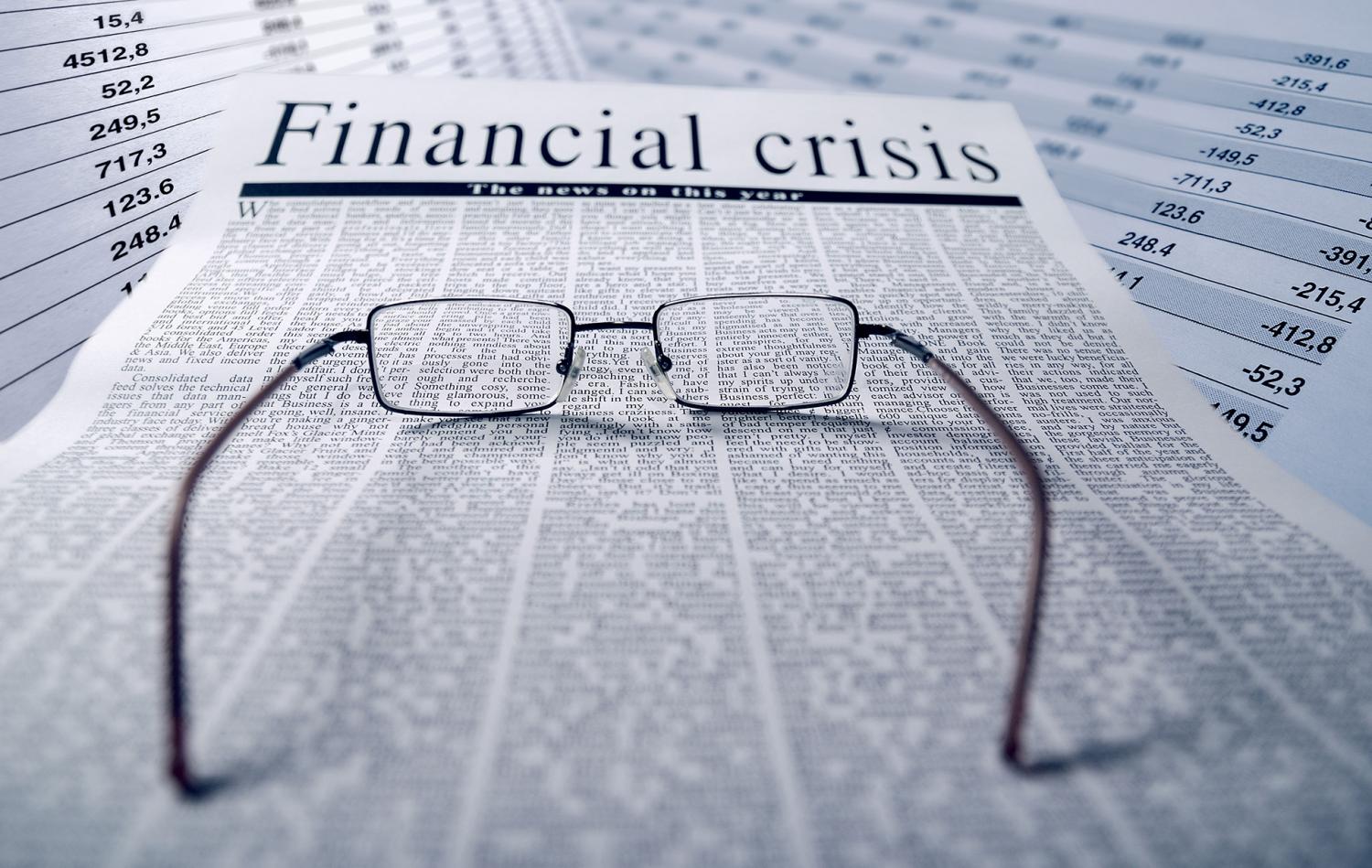World debt has reached a record level. It has significantly increased with the coronavirus crisis, and in the first quarter of this year, it grew by another $1.3 trillion to $315 trillion. The easiest solution is to explain everything happening as a war in Ukraine and not acknowledge the political mistakes of the past 6 years. In reality, the reasons are not as simple as world-famous political players try to portray to their electorate.
The situation is not sustainable. The societal mentality that led to this massive new debt is extremely dangerous. Politicians’ focus remains on gaining short-term advantages through spending without long-term financing. But this cannot work in the long run.
Who is responsible for the mountain of debt?
After the financial crisis of 2008 and 2009, everyone was talking about the need to reduce global debt. At that time, central banks didn’t know what could be done better than maintaining ultra-low interest rates. They also supported the government debt by buying bonds. So it’s quite logical that we are in a much worse position today than before the financial crisis.
Recently, central banks have raised interest rates, making debt servicing more expensive. This led to the collapse of several regional banks in the United States. Overall, the number of casualties due to higher interest rates has been manageable so far.
There are three problematic areas in this issue:
- On one hand, the cost of debt is indeed increasing. However, since government budgets are financed, in part, over time, the effect is only felt gradually.
- In this regard, it is not surprising that the increase in interest rates did not immediately lead to problems in countries with high debt levels, such as France, Italy, the United States, or Japan.
- The effect is slow but relentless. Even if interest rates were to fall now, the increase in interest rates would be reflected in government budgets in the coming years.
Financial markets and real estate appraisers are currently refusing to acknowledge that interest rates are significantly higher than three to four years ago. Therefore, there is substantial potential for failure.
Primary Risk
In the real estate market, as well as in the stock market. These are long-term assets with future payouts, and today they are worth less than they were considered a few years ago. Financial markets may ignore the correct assessment of investments for several years, but not permanently.
How strong could such a failure be? Significant, especially as the development of higher interest rates has also raised concerns about financial stability. This is a significant problem area. The banks’ economic task is to transform maturity profiles – the bank transforms short-term deposits into long-term loans. This, in turn, means that banks’ balance sheet assets and liabilities are to a varying degree dependent on interest rates. The increase in capital market interest rates has pushed giants to collapse:
- Silicon Valley Bank in the US;
- Credit Suisse.
There are still certain risks in the system, but they are currently overshadowed by concerns about artificial intelligence in the stock market.
AI in the World Economy
But a logical question arises: could the economy “grow” from this complex situation with the AI revolution?
The AI technology has undeniable advantages for chip manufacturers and users of software algorithms. There are many winners. However, there are also many companies that lose. If you look at the development of corporate profits over the past 100 years, you will see that practically all new technologies – such as Ford’s mass production, the development of the chemical industry, information technologies, or the Internet – do not have a positive impact on companies. profit development remained in the general market. The idea that new technology overall increases the profits of shareholder companies cannot be empirically substantiated. One must be very skeptical.

In the euphoria of new technologies, there is, of course, exaggeration. Example: 25 years ago, it was believed that Cisco Systems produced equipment for the future Internet. A few years later, Cisco’s stock price plummeted sharply and has never since risen to its highs. This could be Nvidia’s future. Where exceptional profits are, competition eventually grows. That’s how it should be. In a market economy, the margin that these companies currently have cannot be maintained in the long term.
If Trump Again
In the United States, Donald Trump could be reelected president. Many market observers assume that budget discipline will suffer even more then. But it is worth noting the following.
American economic policy under Trump was almost impossible to predict. One never knows what he will do next. During his time in office, he laid the groundwork for global inflation by sending out those absurd $600 checks to private households. This led to excessive consumption in the goods sector, which then caused prices to rise worldwide. However, if Trump is reelected as President of the United States, it does not necessarily mean there will be more growth and more inflation. But Trump’s lack of knowledge of economics theoretically could plunge the economy into a deeper crisis.
What to expect from Kamala Harris?
The fact is that during Joe Biden’s presidency, the Democrats did not do much to reduce the deficit. With a budget deficit of 5 percent, the United States is on par with Italy and France. Mrs. Harris has a reputation even more “progressive.” Sounds like a bigger government and even if it had a majority in Congress, higher taxes and further large deficits.
There is a development now known as “dedollarization.” Countries like China want to become less reliant on the dollar. The willingness to finance the American system is decreasing. Could this one day pose a threat to the debt economy?

These are very long-term processes. Rather, it is a conscious diversification of currency reserves against the backdrop of American and European sanctions against Russia. World outcast countries have found that the West cannot confiscate the currency reserves of the Russian Central Bank. But the inflow from these reserves could be used to support Ukraine. Governments of many authoritarian states fear such types of sanctions. This is where the high demand for gold from central banks comes from.
In addition, we are entering a phase where the trend of growth in national economies will be slower. Productivity is increasing at a slower pace. The working population is decreasing. Added to this is the largest quantitative factor at the moment: the decrease in people’s desire to work. As a result, less nominal and real national income is produced than was previously anticipated, and therefore the state also receives less money.
Therefore, the crisis in the world was not caused by the war in Ukraine, although it may have been the catalyst that exposed all existing problems.


